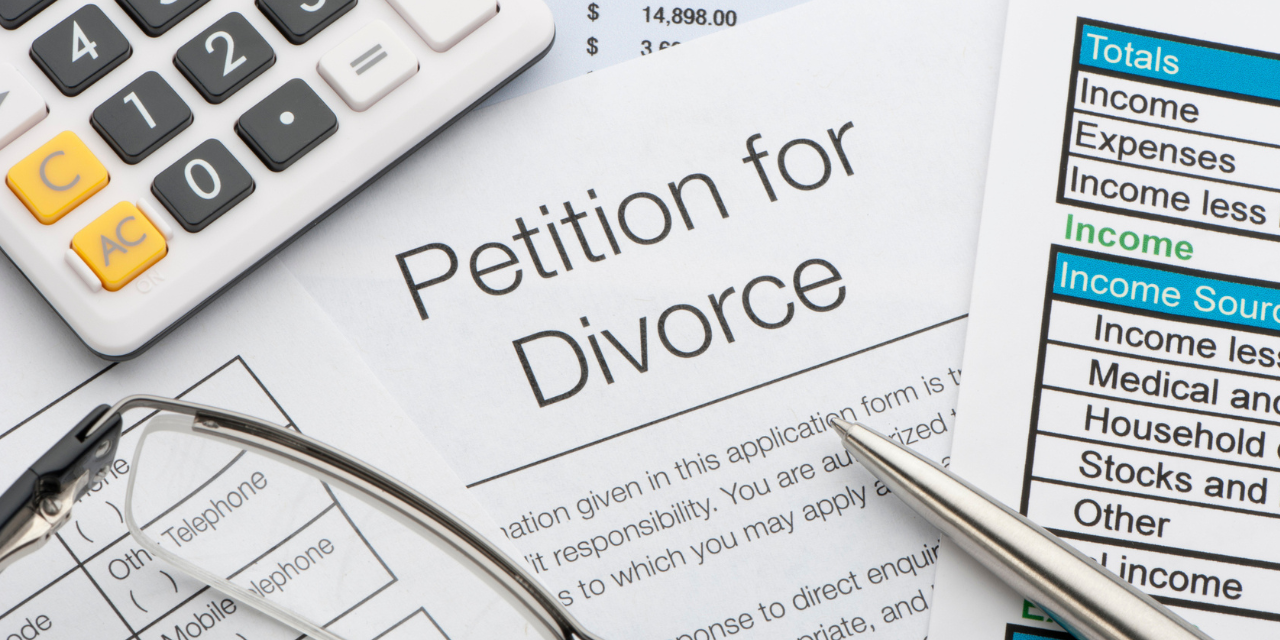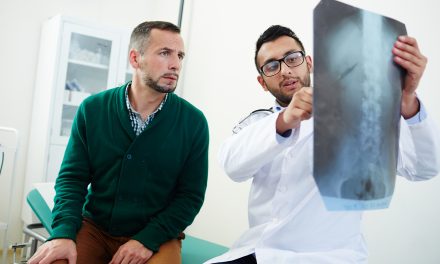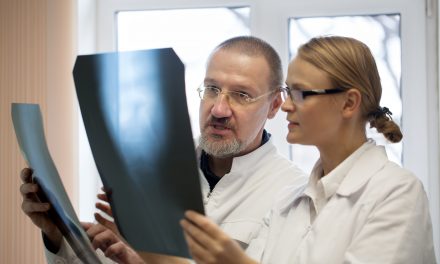
What Happens To My Practice In A Divorce?

(This article is intended as informational only and not as legal advice. It provides general guidance about how Illinois divorce law impacts the apportionment of value of a healthcare practice; however, it is not intended to render advice on the predicted outcome of an individual case. The ICS recommends that physicians consult with an Illinois licensed attorney for legal advice in a specific case.)
Divorce is never an easy subject, but it is an unfortunate reality in our modern world. Although no one enters a marriage expecting it to dissolve, if and when it does, the division of marital assets is an important concern. Understanding the process may provide some peace of mind during an otherwise difficult transition.
Property division can be a thorny issue in any divorce, but a healthcare practice as a marital asset presents additional challenges. Aside from the usual valuation disputes, other unique aspects apply when one of the spouses is a licensed Illinois healthcare practitioner.
Illinois strictly prohibits non-physicians from owning any portion of a physician practice. Additionally, Illinois law prohibits physicians from dividing fees with non-licensed persons (including spouses) who do not perform patient care. Therefore, the law does not recognize healthcare business structures owned in part (or in whole) by non-licensed spouses, even when these practices were set up by well-intended tax professionals who were not aware of healthcare law. Similarly, the law does not allow a spouse to settle a divorce by granting a piece of practice ownership to an unlicensed spouse.
On the other hand, Illinois divorce law provides that assets acquired or that have appreciated during a marriage (with some specific exceptions) are “marital property” to be apportioned between spouses. This dilemma may need to be resolved by giving a non-licensed spouse a monetary amount equal to a portion of the practice value (as discussed in more detail below).
Additionally, success of a practice depends heavily on the licensee’s work product, but a spouse may have contributed to the business by working as an office manager, biller, or bookkeeper. In some cases, these practices have treated the spouse as a regular employee on the payroll; however, in others, the practices may not have paid the spouses for their work, nor paid required employee taxes.
These and other factors can complicate fair valuation of a physician practice during a divorce. Because the practice is an asset of the marriage, it will usually require a reasonable, good faith appraisal of value. As a broad starting point, the value of the practice that is deemed to be “marital property” will be split between the spouses. Numerous elements are to be considered in the mix, making it difficult to predict value precisely. Nonetheless, understanding the process provides the licensed practice owner a framework to estimate how assets ultimately might be divided and may assist in more informed and amicable negotiations
Illinois Divorce Law – Marital vs. Non-Marital Property: What is “Marital Property” in Illinois?
What is “marital property,” and why is it important? (Some states refer to this type of asset as “community property.”) How we categorize property is critical, because it will determine whether any of the value of that property will be credited to one spouse, the other spouse, or both, when settling the marital estate.
In general, any property (tangible or intangible) that a spouse obtains during the marriage is presumed to be marital, unless it falls into an exception (or “non-marital property”).
This can be confusing, because non-licensees are not allowed to own any portion of a health care practice. However, ownership and valuation of marital property are two separate concepts. Practice owners often have a mistaken belief that if the practice is in their name alone, no value of it could be apportioned to the other spouse.
Although the State of Illinois allows only licensed physicians to own any portion or all of a practice, under Illinois divorce law, the property can still be considered marital. If this is the case, each spouse may be assigned a portion of the value of that property (even though that spouse may not legally own it – see below for determining marital vs. non-marital property). Therefore, for purposes of dividing a marital estate, the titling of the property is not relevant. That is, the mere fact that a licensed physician holds full and sole ownership of a practice (which is proper for Illinois state law purposes) does not shield a portion of the value of the practice from being awarded to the non-licensed spouse.
What is Non-Marital Property in Illinois?
A spouse can overcome the presumption of marital property if he/she can prove that it falls within an exception. Important exceptions (or non-marital property) include:
- gifted or inherited property;
- property acquired in exchange for property acquired before the marriage;
- property excluded under a pre-nuptial or post-marital agreement of the spouses;
- property acquired before the marriage;
- the increase in value of non-marital property; and
- income (e.g., interest, dividends, increase in stock value) from property acquired by a method listed.
General Guidelines
Here are some general guidelines for how these categories may apply to your practice in a divorce situation:
- If you owned a practice prior to the marriage, the value of the practice on the date before the marriage is non-marital, and any increase in value during the marriage is marital.
- If a practice acquired prior to the marriage decreased in value during the marriage, that may be used to argue that no part of the practice is marital property.
- If you acquired a practice during the marriage, its value is generally marital property, and your spouse is probably entitled to a sum of money equivalent to his or her portion. This determination usually starts at 50% and is adjusted up or down, depending on other factors in the divorce.
- If a non-licensed spouse worked for and contributed to the success of the practice, but was not paid for services, that spouse will be entitled to some portion of the value of the practice. This determination will require an expert to assess the increase provided by the spouse, or the spouses may agree on an amount.
- If a non-licensed spouse contributed his or her own non-marital assets to build the practice, that spouse may be entitled to a portion of the increased practice value, if any.
- If a non-licensed spouse worked for and was paid reasonable compensation by the practice, the licensed physician may argue that the spouse is not entitled to any additional value of the practice.
Key Takeaways
Divorce can be a complicated undertaking in any situation, but physician practices present special challenges. The ICS recommends that practice owners who are looking to settle a marital estate first assess the factors above to estimate whether or how much value of the practice is marital versus non-marital property. If it appears that a portion may be marital property, the ICS recommends obtaining a fair appraisal to be used a starting point for reasonable negotiations.
Knowing what to expect in the challenge of a divorce can at least provide a measure of peace of mind. When parties are armed with accurate information, they have a better chance of arriving at agreed resolutions and avoiding costly, stressful litigation.



















